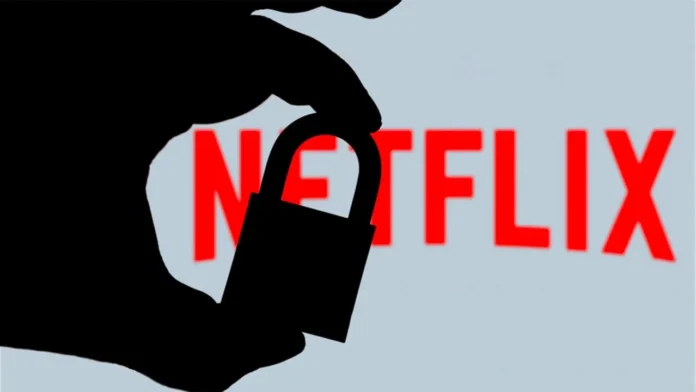Several Netflix users in South Africa have recently reported that the video streaming service’s password-sharing detection is incorrectly cutting off access on devices using the same Internet connection as the primary account holder.
For many years, Netflix had not been too bothered about sharing passwords between users in different households.
That was despite estimates showing that the practice had cost Netflix tens of billions of dollars in revenue since its streaming service launched in 2007.
Netflix estimated that password sharing resulted in $1.8 billion in lost revenue in 2021 alone in the Europe, Middle East, and Africa region.
As its growth potential slowed due to significant market penetration and increased competition, Netflix began feeling pressure to increase its subscriber count.
Converting non-paying households that had already grown accustomed to the service to paying subscribers could be an easy way to do this.
In 2022, it began testing features to detect usage of the same subscription in multiple households in select markets.
To pre-empt backlash from its crackdown, it also trialled features like sub-accounts and limited-time travel allowances for mobile devices.
In May 2023, Netflix began its global password crackdown, disallowing usage of the same subscription in more than one household.
The intervention seemed to have the intended effect, with Netflix adding nearly nine million subscribers in the quarter following the change, the same as its total for the entire 2022.
It added 30 million new subscribers in 2023 and the momentum carried over into 2024, when total additions reached 41.33 million.
In the six quarters since the password crackdown began, Netflix added 69.07 million subscribers, increasing its base by nearly 23%.
In the preceding six quarters, it only added 22.07 million subscribers.
The chart below shows how many subscribers Netflix added or lost each quarter from the start of 2021 to the end of 2024.

Netflix’s password-sharing detection tech relies on data such as Wi-Fi connections, IP addresses, and device IDs to determine the main location from where a subscription is being accessed.
If it detects a device using a subscription outside of the main household, it notifies the user that they are not part of the Netflix household for the account they are using.
Netflix then allows them to watch on their device for 14 days before reconnecting to the primary household’s Wi-Fi.
This feature is intended for people from the main household who are travelling for a prolonged period. To use it, you must enter a temporary access code sent to the account’s registered e-mail address.
In late 2023, some Netflix subscription sharers in South Africa started getting notifications that they were accessing Netflix from outside the main household.
However, several users who continued to share a single subscription between households without issues over the past few years recently told MyBroadband they had only started receiving the notification in April 2025.
MyBroadband asked Netflix whether it had recently intensified its password-sharing crackdown in South Africa, but the company did not provide feedback by publication.
Several MyBroadband forum members have also reported that Netflix was incorrectly kicking out registered devices used within the same household despite these devices using the same Internet connection as the main account holder.
No sub-accounts for South Africa
Before its password-sharing intervention, Netflix developed a sub-account feature that allowed subscribers to add an additional household for a discounted fee.
However, South Africa was among dozens of countries where the feature was not launched.
Netflix chief product officer Eunice Kim previously told MyBroadband that the company had used a set of criteria to decide whether paid sharing made sense in each country.
The criteria include whether account sharing was relatively common in that particular country and whether there would be a large market for paid shared accounts.
Furthermore, Netflix had to consider whether a lower-cost option would benefit the market’s pricing model.
In the US, the sub-account’s price is about 52% of the Standard subscription or 35% of Premium.
If that percentage were applied to South Africa’s Netflix prices, the sub-accounts would cost R83, which is only R17 cheaper than the Basic package.
South Africa also has access to Netflix’s mobile-only package for R49 per month, which is a low-cost option for users who were cut off from logging in with a friend or family member’s account.











